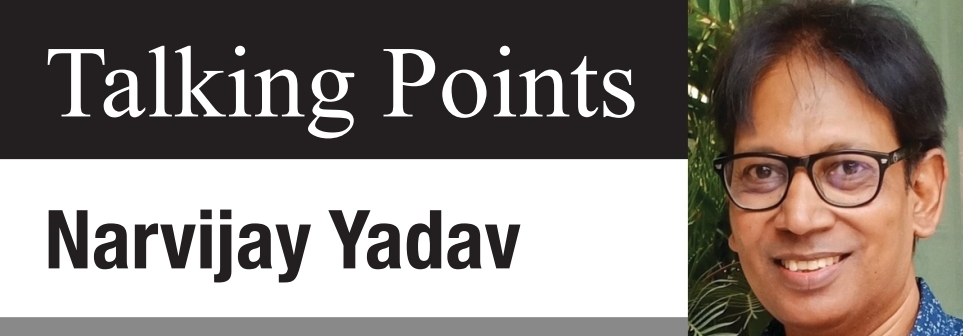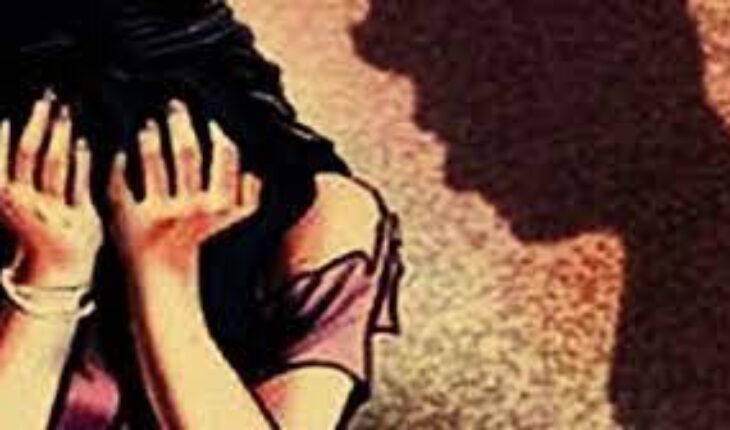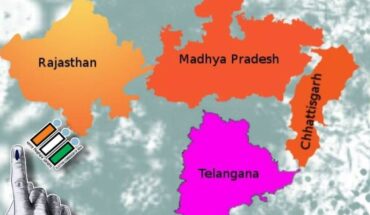Despite the presence of CCTVs, Nirbhaya guidelines, and various legal acts, these measures will be ineffective unless boys are taught from a young age about respect for women and the distinction between right and wrong.

The safety of girls in India remains a significant concern despite various legal frameworks and initiatives aimed at their protection. The situation is complex, and while there have been improvements in certain areas, challenges persist, making safety a pressing issue. Sexual violence against minors, including rape, molestation, and sexual harassment, remains alarmingly high. Many cases go unreported due to social stigma, fear of retribution, and lack of awareness about legal rights. Recent incidents of child abuse in India, such as the case in Badlapur, highlight ongoing concerns about the safety of minors, particularly young girls.
In Badlapur, two kindergarten girls, aged three and four, were allegedly sexually assaulted by a male school attendant recently. The incident sparked widespread outrage among parents and the local community, leading to protests, including a 10-hour blockade of railway tracks. The accused was arrested and has been remanded to judicial custody. In response, the Maharashtra government has initiated several measures, including the suspension of school staff and police officers and the formation of a special investigation team to ensure a thorough probe. The case has also led to calls for stricter safety protocols in schools to protect children from such heinous acts.
Judges from the Bombay High Court emphasized that laws alone won’t curb sexual crimes without a fundamental shift in mindset from an early age. In light of a recent case involving the sexual assault of two preschool girls in Balapur, the judges pointed out that societal issues like male chauvinism and dominance persist in the public consciousness. Educating children about equality at home and in schools is crucial. Despite the presence of CCTVs, Nirbhaya guidelines, and various legal acts, these measures will be ineffective unless boys are taught from a young age about respect for women and the distinction between right and wrong. Instilling these values in children should begin in preschool.
The Protection of Children from Sexual Offenses (POCSO) Act 2012 provides punishment for sexual offenses against children. However, the effectiveness of this law is often hindered by delayed justice, poor implementation, and victim-blaming attitudes. Minor girls are particularly vulnerable to trafficking for purposes such as sexual exploitation, forced labor, and domestic servitude. Traffickers often target girls from economically disadvantaged backgrounds. While there are efforts to rescue trafficked girls, the rehabilitation process is usually inadequate, with many victims facing difficulties reintegrating into society.
Many minor girls face barriers to accessing education, which can include societal attitudes that prioritize boys’ education, financial constraints, and safety concerns related to traveling to school. Schools are meant to be safe spaces, but incidents of harassment and abuse within educational institutions are reported. Minor girls, particularly in rural and marginalized communities, often suffer from malnutrition, which impacts their physical and mental development. Malnutrition also makes them more vulnerable to illnesses and less resilient to physical and psychological stress.
With the growing use of the internet and smartphones, minor girls are increasingly exposed to risks like cyberbullying, online harassment, and grooming by predators. The lack of digital literacy among children and parents contributes to this vulnerability. There is a critical need for education on digital safety for both minor girls and their guardians, as well as for stricter regulation of online content and platforms. India’s patriarchal social structure often limits the freedom and safety of minor girls.
*The writer is a Delhi-based senior journalist. Views are Personal. X @narvijayyadav






